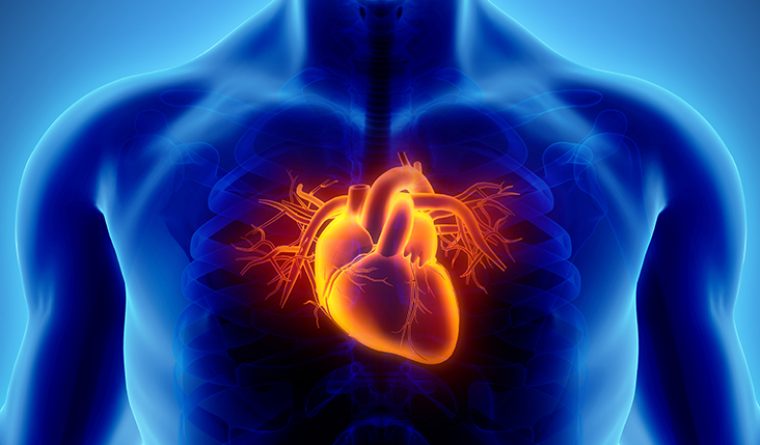
Alternative treatment for coronary artery disease involves making lifestyle changes that improve your heart health.
Becoming or staying physically active and making conscious decisions about what foods you eat are choices that give you more control over whether you develop CAD or whether CAD you already have leads to a heart attack.
Exercise your heart
The heart is a muscle. Like any other muscle, it responds favorably to physical conditioning. Physical activity keeps stress in check and helps your heart work more efficiently so that it takes less cardiac effort to circulate blood through your body.
The American Heart Association emphasizes the benefit of regular exercise for CAD patients. It recommends, first, that you see your doctor for exercise testing to establish a baseline and, second, that your doctor refers you to an exercise program.
Nutritional supplements can help
In addition to regular exercise and a healthy diet, some nutritional supplements may help reduce your risk of CAD. The Cleveland Clinic cautions:
If you have CAD or any other heart issue treated with cardiac medication therapy , they recommend that you first talk with your doctor before you take any type of herbal therapy.
Researchers believe omega-3 fatty acids reduce inflammation in the body. Inflammation is a contributing factor in certain types of heart disease. Omega-3 fatty acids may also decrease triglycerides, mildly lower your blood pressure, and help your immune system function.
Eating two servings per week of cold-water fatty fish such as salmon, herring, or mackerel may reduce your risk of heart disease.
Phytosterols are in:
Eating foods enriched with 0.6 to3.3grams of plant sterols or stanols daily can reduce your levels of low-density lipoprotein (LDL), also known as bad cholesterol. This benefit appears to be increased by combining plant sterols or stanols with a healthy diet (low in saturated fat, with ample vegetables, fruits, fiber, and whole grains).
Lowering your LDL cholesterol to an acceptable level helps to reduce your risk of CAD.
Current research indicates that vitamin D might be beneficial in reducing your risk of heart disease. Researchers have linked low levels of vitamin D with an increased risk of heart disease.
How much vitamin D you should take isn’t clear. Some doctors are recommending as much as 1,000 to 2,000 international units per day.
Talk to your doctor before taking vitamin D supplements. Too much vitamin D can cause you to absorb too much calcium, which can cause kidney stones or kidney damage.
Source: https://www.healthline.com/